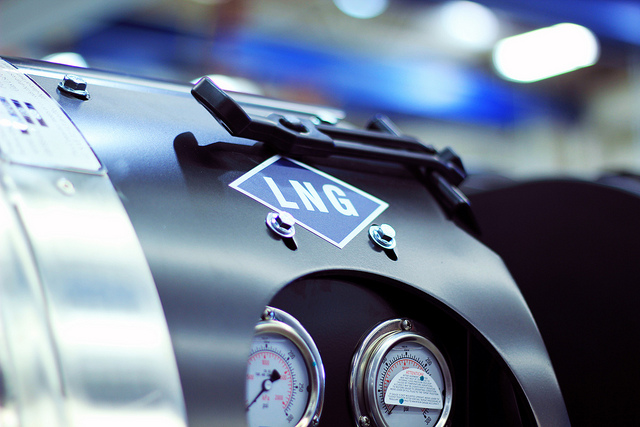You can change the environmental conversation. Chip in to rabble’s donation drive today!
The B.C. Ministry of Environment stands by its “implausibly low” estimate of methane leaks from the natural gas sector according to an official “information note” triggered by DeSmog’s two-part article series last May.
The DeSmog investigation revealed methane leaks were likely 7 times greater than the B.C. government is reporting based on data from U.S. studies. The real climate impacts of those leaks would be like adding at least three million cars to B.C. roads.
DeSmog’s findings were subsequently confirmed by international energy experts in June. “Canada appears to have vastly underestimated fugitive emissions (leaks) from gas exploration in British Colombia,” possibly because of “inadequate accounting methodology” they reported.
Their report documents studies and data from other countries showing methane leaks range between 2 and 9 per cent of total production compared to B.C.’s reported 0.3 per cent. This difference is “substantial” they said.
The Environment Ministry’s July 22, 2013 information note to Minister Mary Polak acknowledges a “recent article referencing ‘implausibly low’ BC shale gas emissions was published in DeSmog Canada….” and as a result “B.C. Sustainable Energy Association and others are questioning if the natural gas to be used for LNG production is clean and if industry is operating with appropriate social license.”
B.C. gas industry ‘different’ than rest, says Ministry of Environment
The Ministry dismisses those questions and the evidence of under-reporting by saying the gas industry in B.C. is “significantly different” and its methane leak estimates (no measurements are done) are accurate. That would make its gas industry, which is largely foreign-owned, the world’s leader on controlling methane leaks.
Super, Natural B.C. indeed.
Natural gas is mostly methane. There are thousands of places where small methane leaks can occur in natural gas operations including drilling, gathering, processing and pipelines, an industry expert previously told DeSmog. The industry doesn’t like to call them leaks, preferring the term “fugitive emissions.” As DeSmog reported last May no one measures the leaks, not the industry, not the Ministry of the Environment nor the industry regulator, the B.C. Oil and Gas Commission.
Methane matters because it is a powerful greenhouse gas, much better at trapping heat than CO2. Initially this heat-trapping power was considered 21 times greater than CO2 over a 100-year time period. Later this was increased to 25 times. The Intergovernmental Panel on Climate Change (IPCC) report released last September concluded that methane is 34 times better than CO2 at trapping heat on a 100-year time scale, and 84 times greater on a more climate-relevant 20-year time scale.
The Ministry of Environment continues to calculate methane using 21.
The public deserves real answers based on real data
The B.C. gas industry exports 65 per cent of its annual production to Alberta and the U.S., 15 per cent stays in B.C. and 20 per cent is ‘lost’ according government statistics (B.C.’s Natural Gas Exports). That 20 per cent amounts to 7.4 billion cubic metres in 2010 out of a total production of 36.4 billion cubic metres. Most of this gas is not actually ‘lost’ but used by the industry to power equipment and pump the gas through the pipelines. What is truly lost is lost through flaring, venting and leaks of methane.
Let’s assume for a minute there are no leaks or venting and that all 7.4 billion cubic metres of this ‘lost’ gas is used to power equipment. That would result in 14 million tonnes of CO2 emissions. (When a cubic metre of gas is burned it produces 1.9 kg of CO2 according to Environment Canada.)
However the Ministry says B.C.’s entire oil and gas sector emitted 6.2 million tonnes (Mt) in 2010 and the July 22 information note says 10.5 million tonnes in 2011. Something doesn’t add up.
These questions need real answers backed up by up-to-date, independent and measured-in-B.C. data. This information is essential for B.C. MLAs to properly debate rules for carbon pollution and taxes for dramatic expansion of gas production for liquefied natural gas (LNG) development.
The 2014 legislative session opens in less than a month.
This article was first published on DeSmog Canada.
Stephen Leahy is the senior science and environment correspondent at Inter Press Service News Agency (IPS) based in Rome and Montevideo. To continue this work at a time of severe cutbacks and closure of many media, Leahy launched Community Supported Journalism.
Like this article? Chip in to keep stories like these coming!
Photo: TruckPR/flickr



